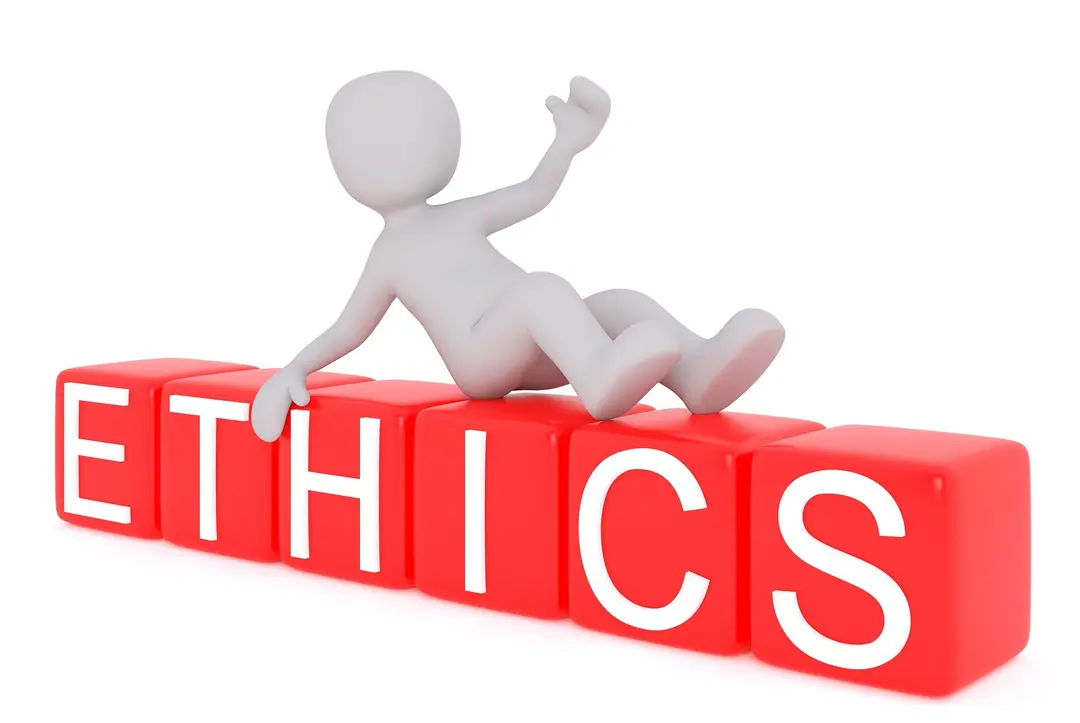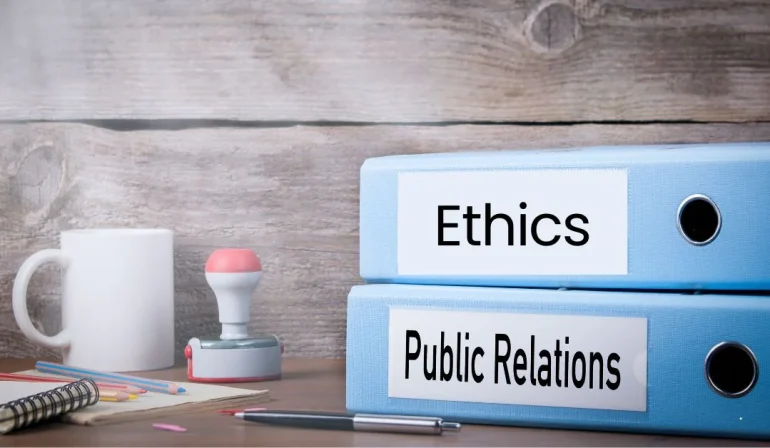In 2025, public relations professionals face an unprecedented ethical world where traditional boundaries between communication, technology, and public trust have fundamentally shifted. The digital revolution has transformed how organizations communicate with stakeholders, creating new ethical dilemmas that require innovative solutions while maintaining core professional values. As public scrutiny intensifies and transparency expectations soar, PR practitioners must navigate complex challenges involving artificial intelligence, social media authenticity, and real-time accountability.
The profession now demands not just effective communication strategies but a deep commitment to ethical practices that preserve public trust in an era of information overload and widespread skepticism toward institutions. This evolution represents both a challenge and an opportunity for PR professionals to redefine their role as guardians of organizational integrity and public discourse.
The New Accountability World
The shift toward greater public scrutiny in 2025 has reached unprecedented levels, with law firms, corporations, and individual professionals under constant observation through digital platforms and real-time news cycles. Organizations are now evaluated not just on their primary services but on their responses to societal issues, including diversity, equity, inclusion, corporate social responsibility, and environmental sustainability.
This heightened accountability extends beyond crisis management to everyday communications. PR professionals must proactively align their organizations’ public profiles with evolving social expectations while maintaining compliance with professional conduct rules. The challenge lies in crafting authentic messages that reflect genuine organizational values without overstepping ethical boundaries or compromising confidentiality.
Digital Ethics and Emerging Challenges

The integration of artificial intelligence and data analytics in PR practices has introduced complex privacy and data protection considerations. AI tools, while powerful, lack the ability to apply ethical standards or navigate copyright law, requiring human oversight to maintain authenticity and integrity.
Social media platforms have blurred the lines between transparency and manipulation, creating new ethical dilemmas around sponsored content, influencer partnerships, and the potential spread of misinformation. PR professionals must ensure clear disclosure of paid relationships while combating the proliferation of deepfake videos and algorithm-driven false narratives.
Balancing Transparency with Confidentiality
One of the most pressing ethical challenges involves balancing public demands for transparency with legal obligations to maintain confidentiality. This tension is particularly acute in legal PR, where commenting on ongoing litigation or sensitive matters can easily cross ethical lines and potentially prejudice legal proceedings.
PR professionals must carefully navigate the risk of engaging in “trial by media,” where public opinion might unfairly influence justice outcomes. The ethical line between effective media management and overstepping legal boundaries has become increasingly difficult to discern, requiring deep knowledge of evolving media ethics, digital regulations, and court rules.
Building Authentic Relationships
In 2025, consumers are no longer passive recipients of marketing messages but active participants seeking genuine connections with brands. This shift demands that organizations demonstrate their values through actions rather than just words, avoiding accusations of “greenwashing” or “virtue signaling.”
PR professionals play a critical role in helping brands align their messaging with actual practices, ensuring authenticity in corporate social responsibility initiatives. Crisis management has evolved from controlling narratives to taking immediate responsibility, acknowledging mistakes, and demonstrating accountability through openness and swift action.
The future of ethical PR depends on practitioners’ willingness to engage with emerging challenges while championing transparency and maintaining the core values that foster public trust. Success requires adapting to technological innovations while upholding integrity as the cornerstone of effective communication.

